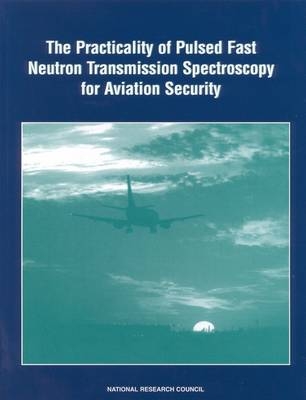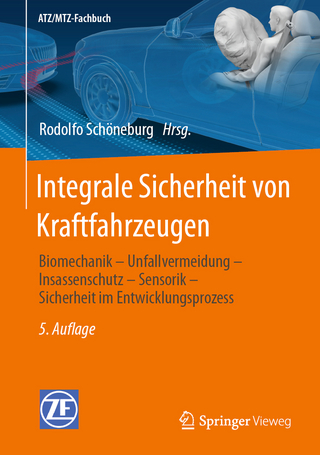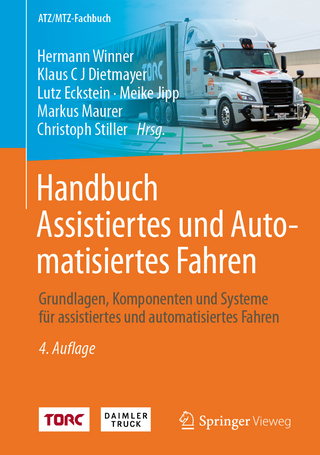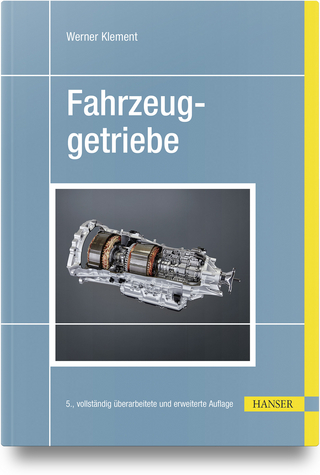
The Practicality of Pulsed Fast Neutron Transmission Spectroscopy for Aviation Security
Seiten
1999
National Academies Press (Verlag)
978-0-309-07367-7 (ISBN)
National Academies Press (Verlag)
978-0-309-07367-7 (ISBN)
- Titel ist leider vergriffen;
keine Neuauflage - Artikel merken
Pulsed fast neutron analysis (PFNA) has the best potential of various known technologies for detecting explosives in cargo and luggage. This book discusses how continued research to improve detection capabilities and system design can best be applied for the airport environment.
A major goal of the Federal Aviation Administration (FAA), and now the Transportation Security Administration (TSA), is the development of technologies for detecting explosives and illegal drugs in freight cargo and passenger luggage. One such technology is pulsed fast neutron analysis (PFNA). This technology is based on detection of signature radiation (gamma rays) induced in material scanned by a beam of neutrons. While PFNA may have the potential to meet TSA goals, it has many limitations. Because of these issues, the government asked the National Research Council to evaluate the potential of PFNA for airport use and compare it with current and future x-ray technology. The results of this survey are presented in "Assessment of the Practicality of Pulsed Fast Neutron Analysis for Aviation Security."
A broad range of detection methods and test results are covered in this report. Tests conducted as of October 2000 showed that the PFNA system was unable to meet the stringent federal aviation requirements for explosive detection in air cargo containers. PFNA systems did, however, demonstrate some superior characteristics compared to existing x-ray systems in detecting explosives in cargo containers, though neither system performed entirely satisfactorily. Substantial improvements are needed in the PFNA detection algorithms to allow it to meet aviation detection standards for explosives in cargo and passenger baggage.
The PFNA system currently requires a long scan time (an average of 90 minutes per container in the prototype testing in October 2000), needs considerable radiation shielding, is significantly larger than current x-ray systems, and has high implementation costs. These factors are likely to limit installation at airports, even if the detection capability is improved. Nevertheless, because PFNA has the best potential of any known technology for detecting explosives in cargo and luggage, this book discusses how continued research to improve detection capabilities and system design can best be applied for the airport environment.
Table of Contents
Front Matter
Executive Summary
1 Introduction
2 Principle of Bulk Explosives Detection
3 Laboratory Tests of Pulsed Fast Neutron Transmission Spectroscopy
4 Baseline Characteristics of Explosives-Detection Systems Based on X-Ray-Computed Tomography
5 Tensor Technology Report on the Multidimensional Neutron Radiometer Airline Security System
6 Comparison of Pulsed Fast Neutron Transmission Spectroscopy and FAA-Certified Explosives-Detection Systems
7 Conclusions and Recommendations
References
Biographical Sketches of Panel Members
A major goal of the Federal Aviation Administration (FAA), and now the Transportation Security Administration (TSA), is the development of technologies for detecting explosives and illegal drugs in freight cargo and passenger luggage. One such technology is pulsed fast neutron analysis (PFNA). This technology is based on detection of signature radiation (gamma rays) induced in material scanned by a beam of neutrons. While PFNA may have the potential to meet TSA goals, it has many limitations. Because of these issues, the government asked the National Research Council to evaluate the potential of PFNA for airport use and compare it with current and future x-ray technology. The results of this survey are presented in "Assessment of the Practicality of Pulsed Fast Neutron Analysis for Aviation Security."
A broad range of detection methods and test results are covered in this report. Tests conducted as of October 2000 showed that the PFNA system was unable to meet the stringent federal aviation requirements for explosive detection in air cargo containers. PFNA systems did, however, demonstrate some superior characteristics compared to existing x-ray systems in detecting explosives in cargo containers, though neither system performed entirely satisfactorily. Substantial improvements are needed in the PFNA detection algorithms to allow it to meet aviation detection standards for explosives in cargo and passenger baggage.
The PFNA system currently requires a long scan time (an average of 90 minutes per container in the prototype testing in October 2000), needs considerable radiation shielding, is significantly larger than current x-ray systems, and has high implementation costs. These factors are likely to limit installation at airports, even if the detection capability is improved. Nevertheless, because PFNA has the best potential of any known technology for detecting explosives in cargo and luggage, this book discusses how continued research to improve detection capabilities and system design can best be applied for the airport environment.
Table of Contents
Front Matter
Executive Summary
1 Introduction
2 Principle of Bulk Explosives Detection
3 Laboratory Tests of Pulsed Fast Neutron Transmission Spectroscopy
4 Baseline Characteristics of Explosives-Detection Systems Based on X-Ray-Computed Tomography
5 Tensor Technology Report on the Multidimensional Neutron Radiometer Airline Security System
6 Comparison of Pulsed Fast Neutron Transmission Spectroscopy and FAA-Certified Explosives-Detection Systems
7 Conclusions and Recommendations
References
Biographical Sketches of Panel Members
Panel on Assessment of the Practicality of Pulsed Fast Neutron Transmission Spectroscopy for Aviation Security, Commission on Engineering and Technical Systems, National Research Council
| Erscheint lt. Verlag | 7.4.1999 |
|---|---|
| Verlagsort | Washington |
| Sprache | englisch |
| Maße | 216 x 279 mm |
| Themenwelt | Technik ► Fahrzeugbau / Schiffbau |
| Technik ► Luft- / Raumfahrttechnik | |
| ISBN-10 | 0-309-07367-7 / 0309073677 |
| ISBN-13 | 978-0-309-07367-7 / 9780309073677 |
| Zustand | Neuware |
| Informationen gemäß Produktsicherheitsverordnung (GPSR) | |
| Haben Sie eine Frage zum Produkt? |
Mehr entdecken
aus dem Bereich
aus dem Bereich
Biomechanik, Unfallvermeidung, Insassenschutz, Sensorik, Sicherheit …
Buch | Hardcover (2024)
Springer Vieweg (Verlag)
99,99 €
Grundlagen, Komponenten und Systeme für assistiertes und …
Buch | Hardcover (2024)
Springer Vieweg (Verlag)
279,99 €


